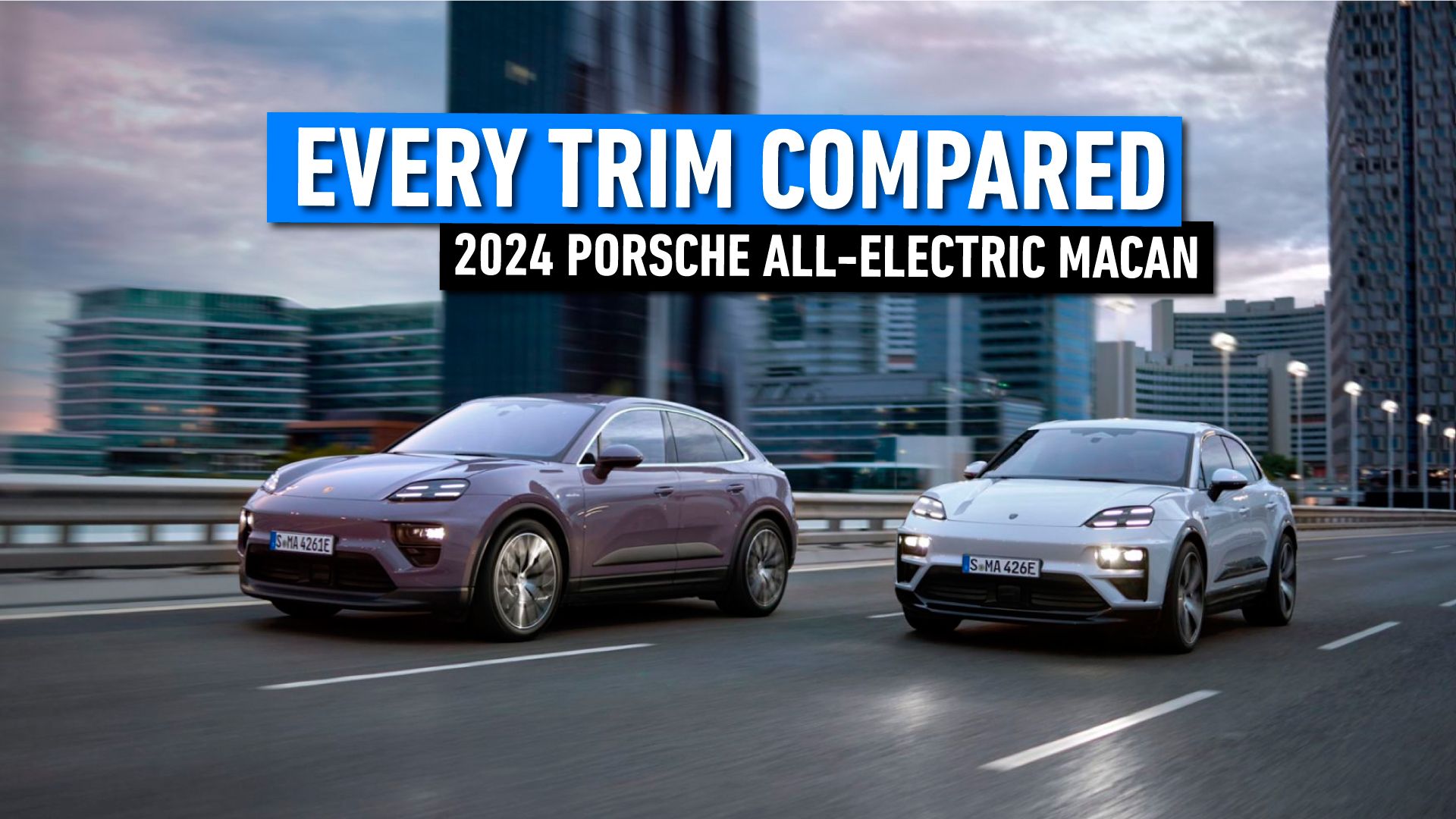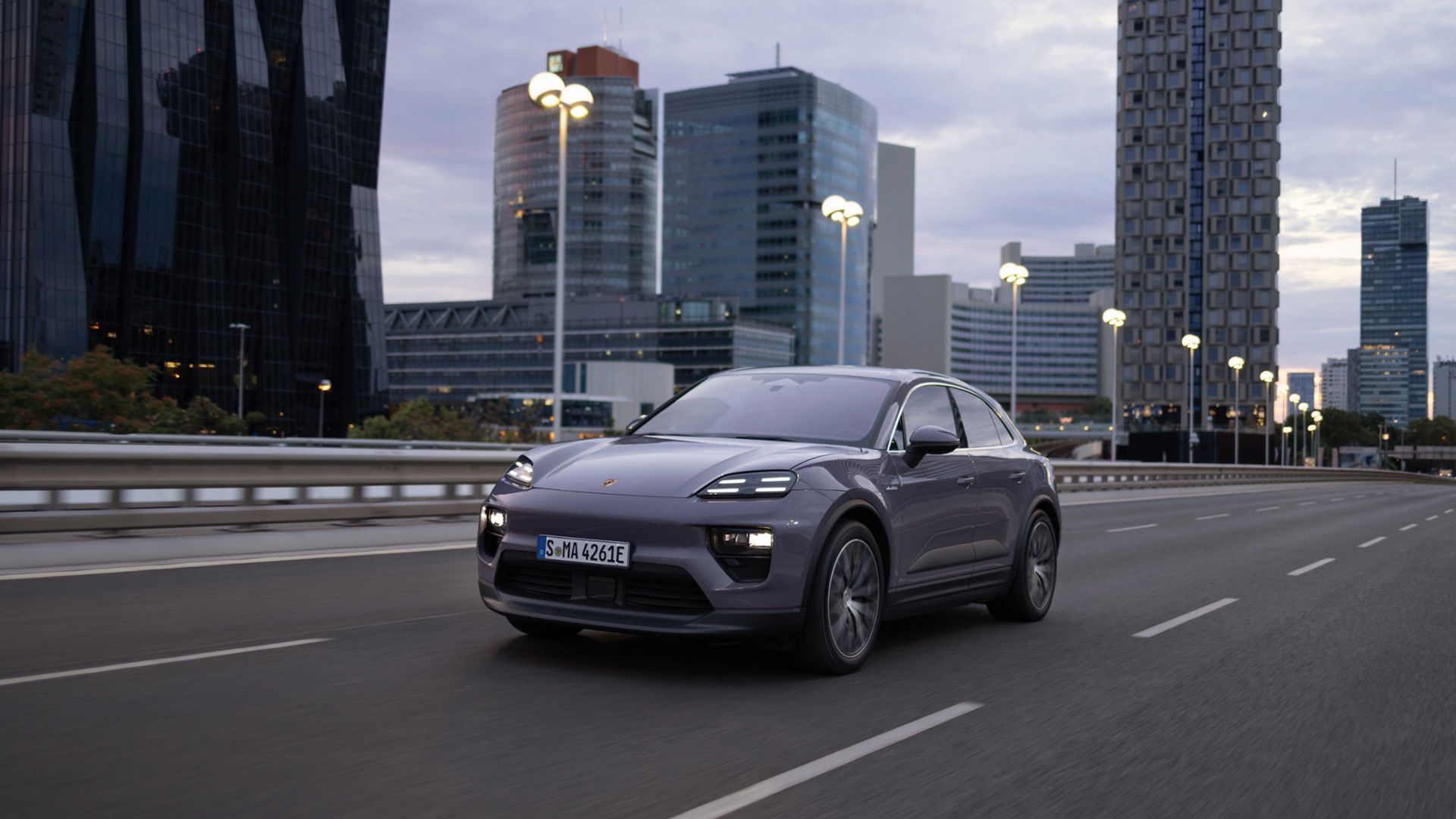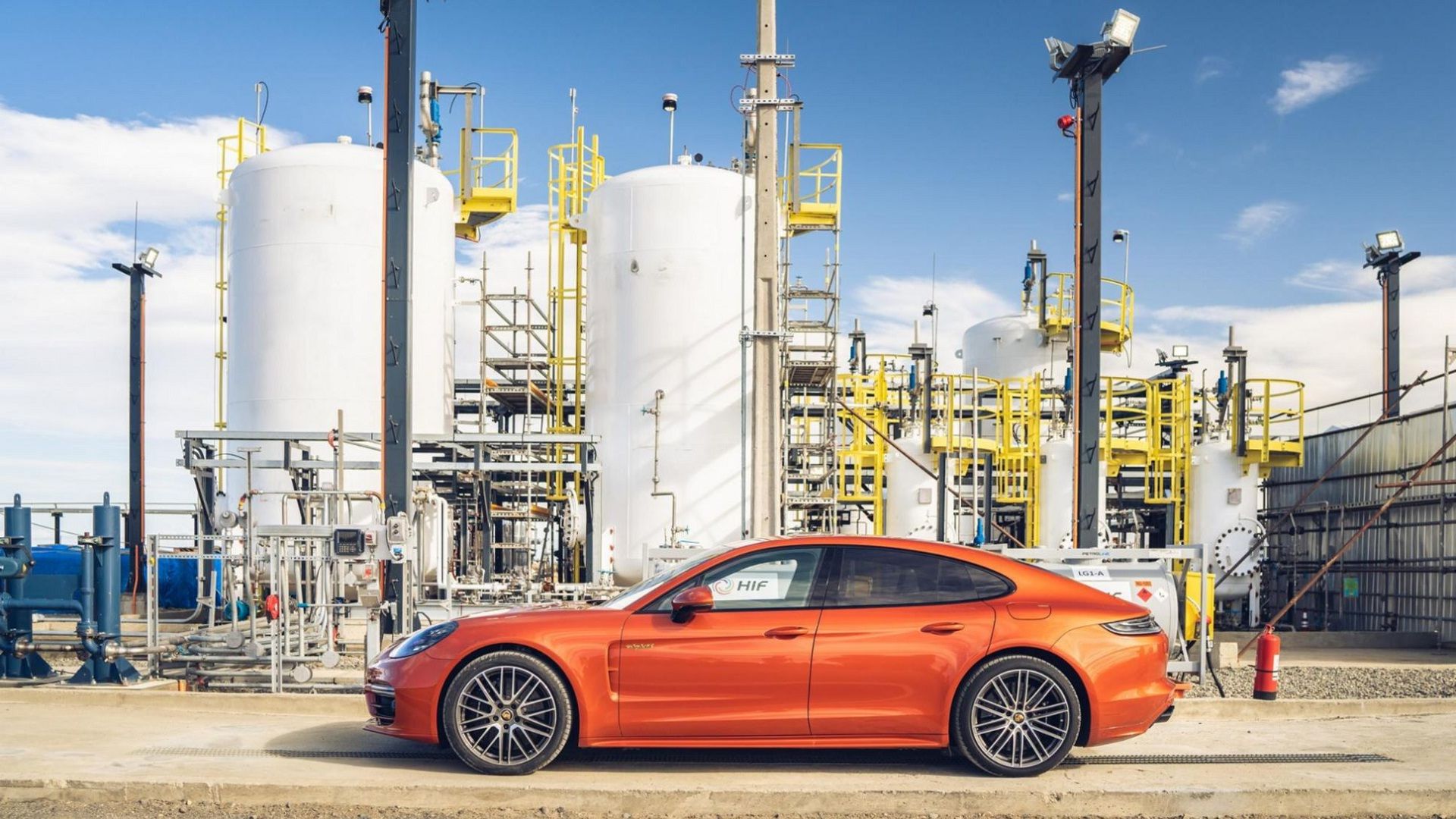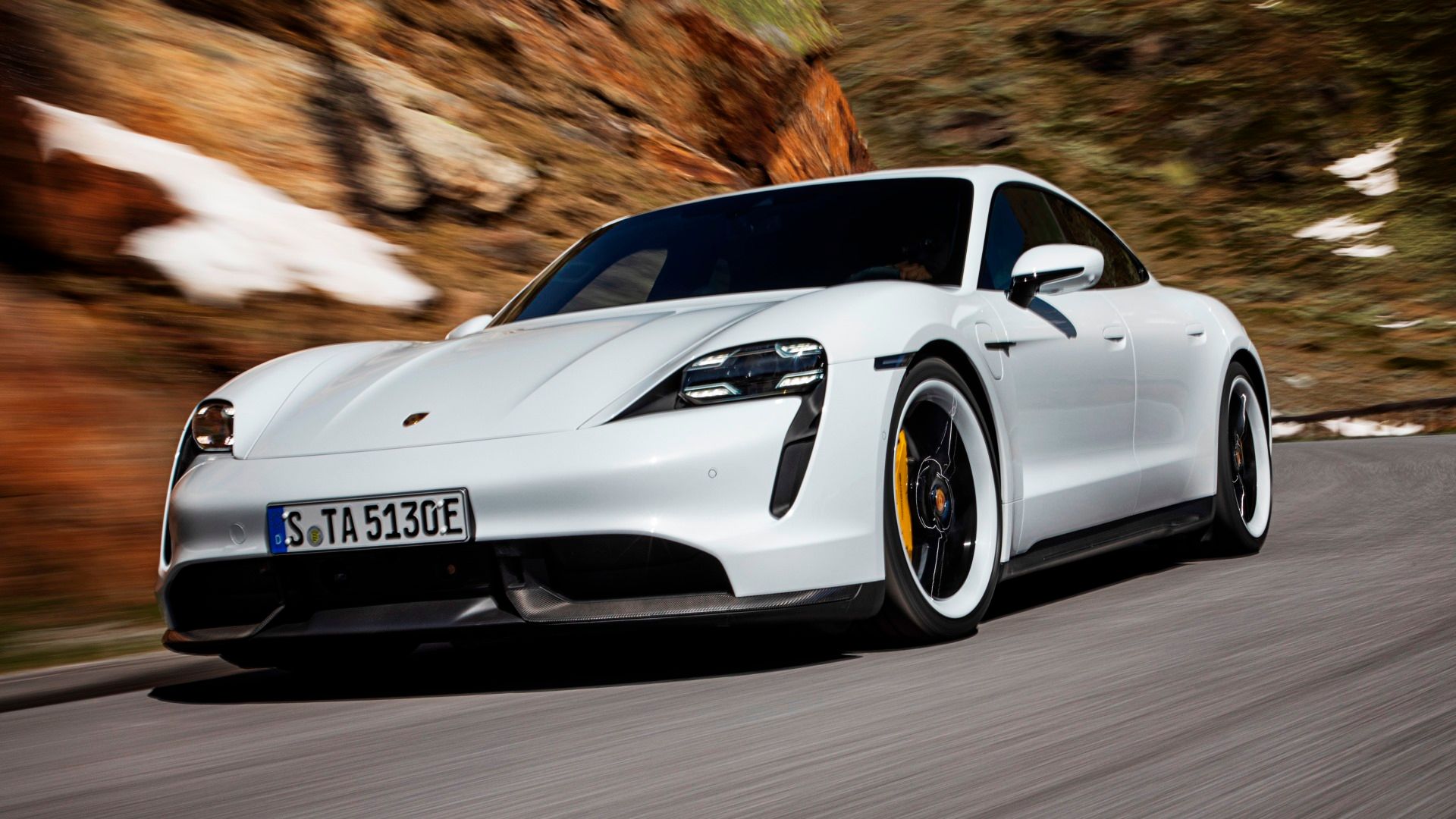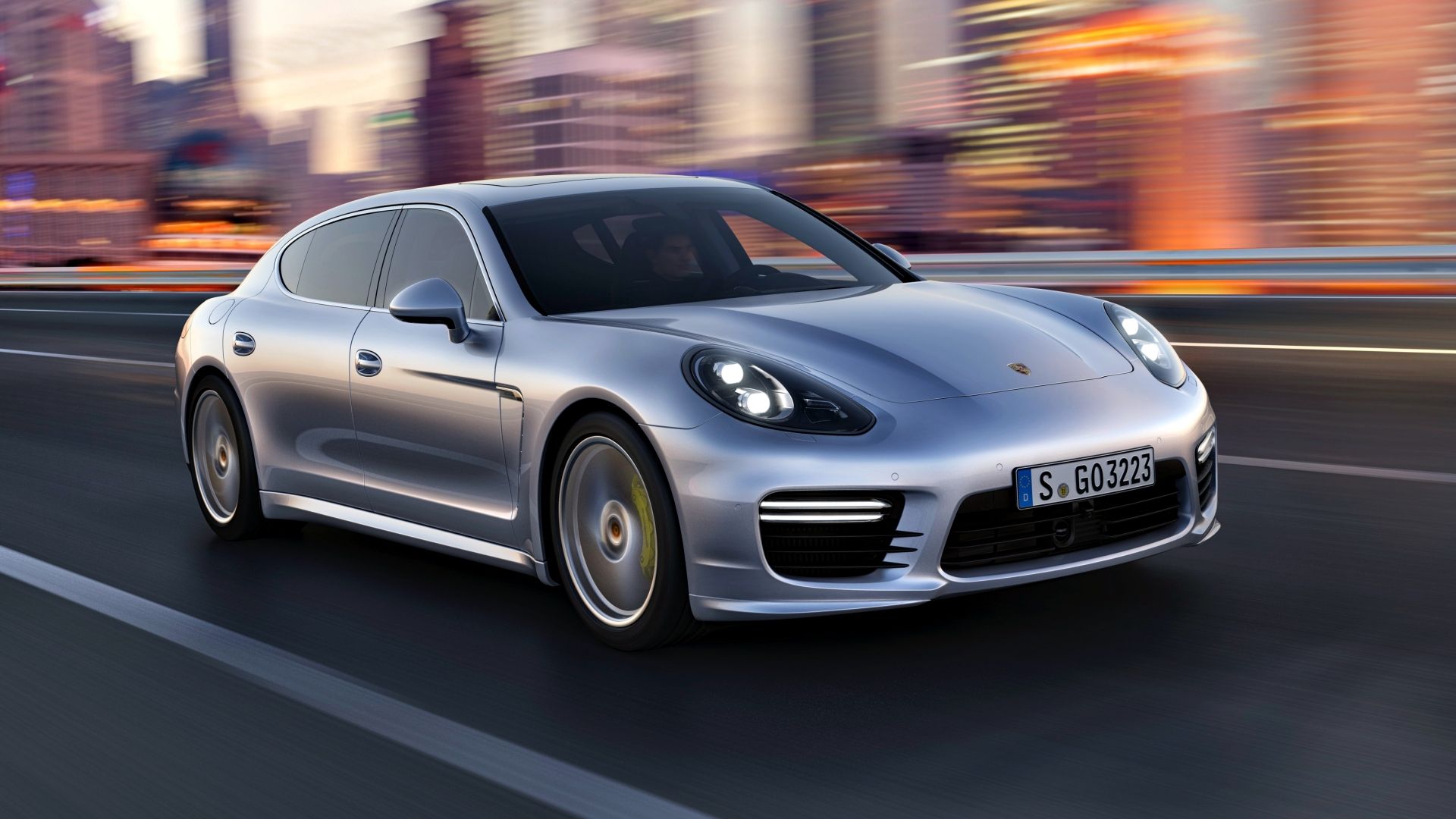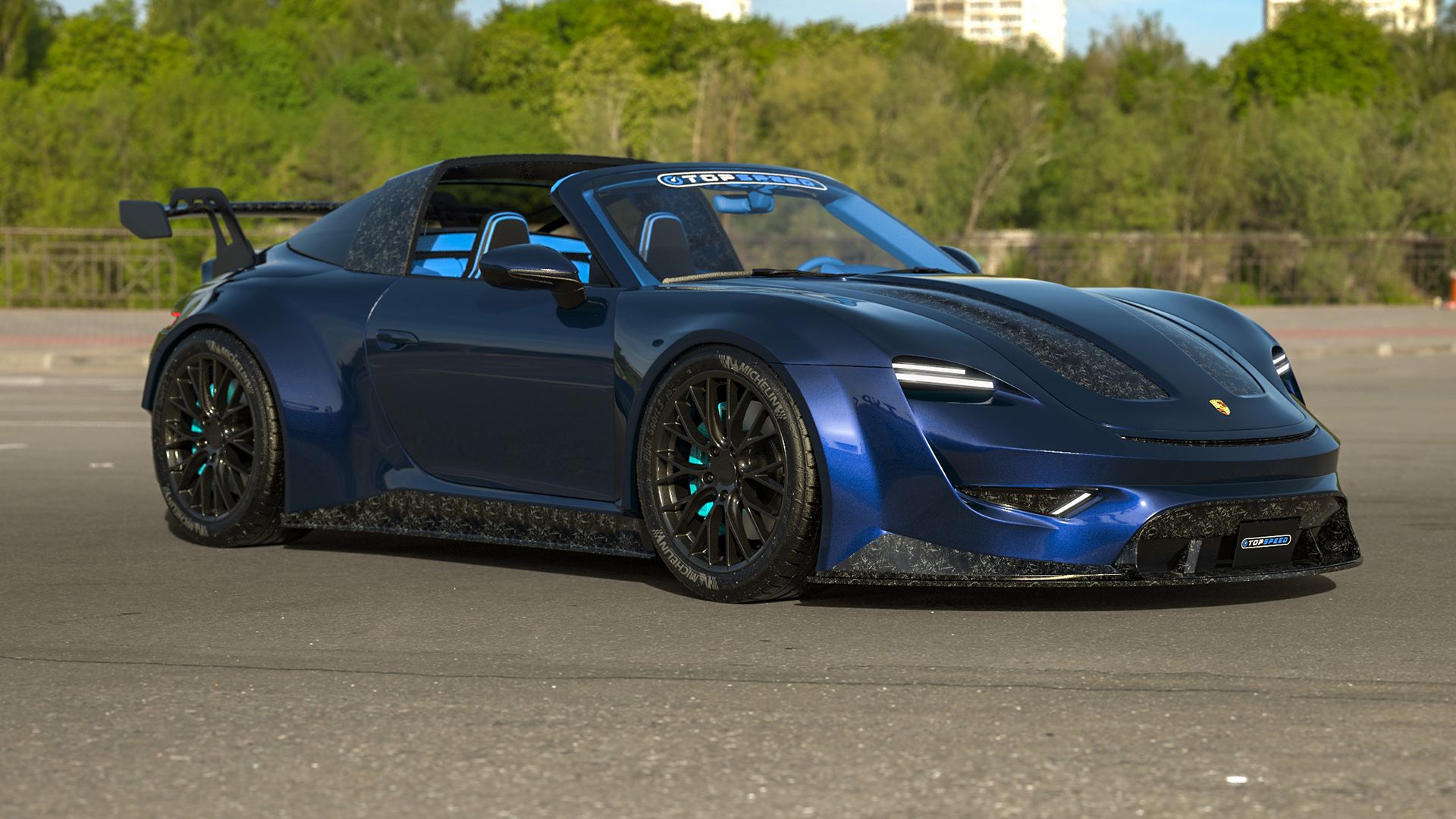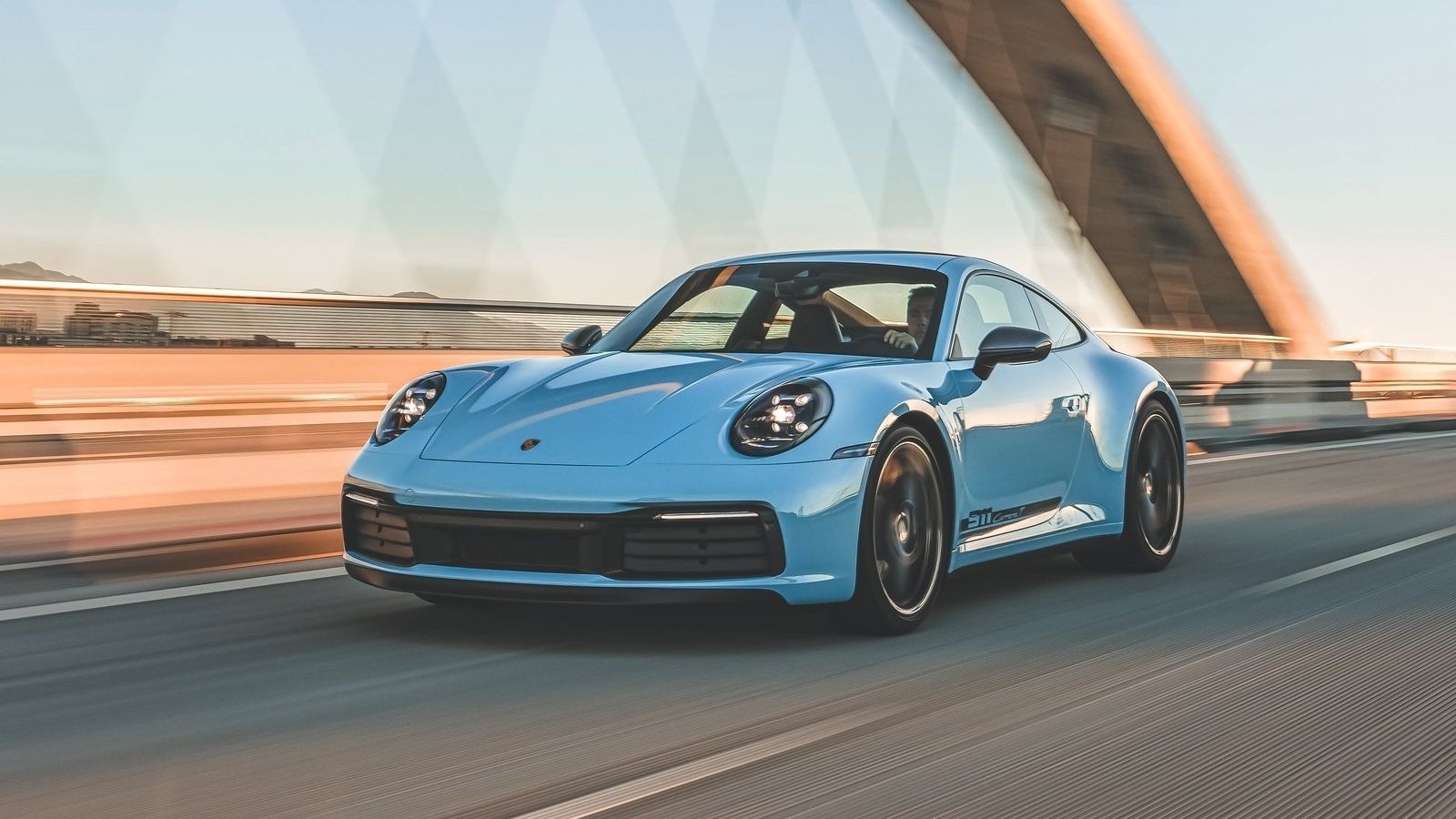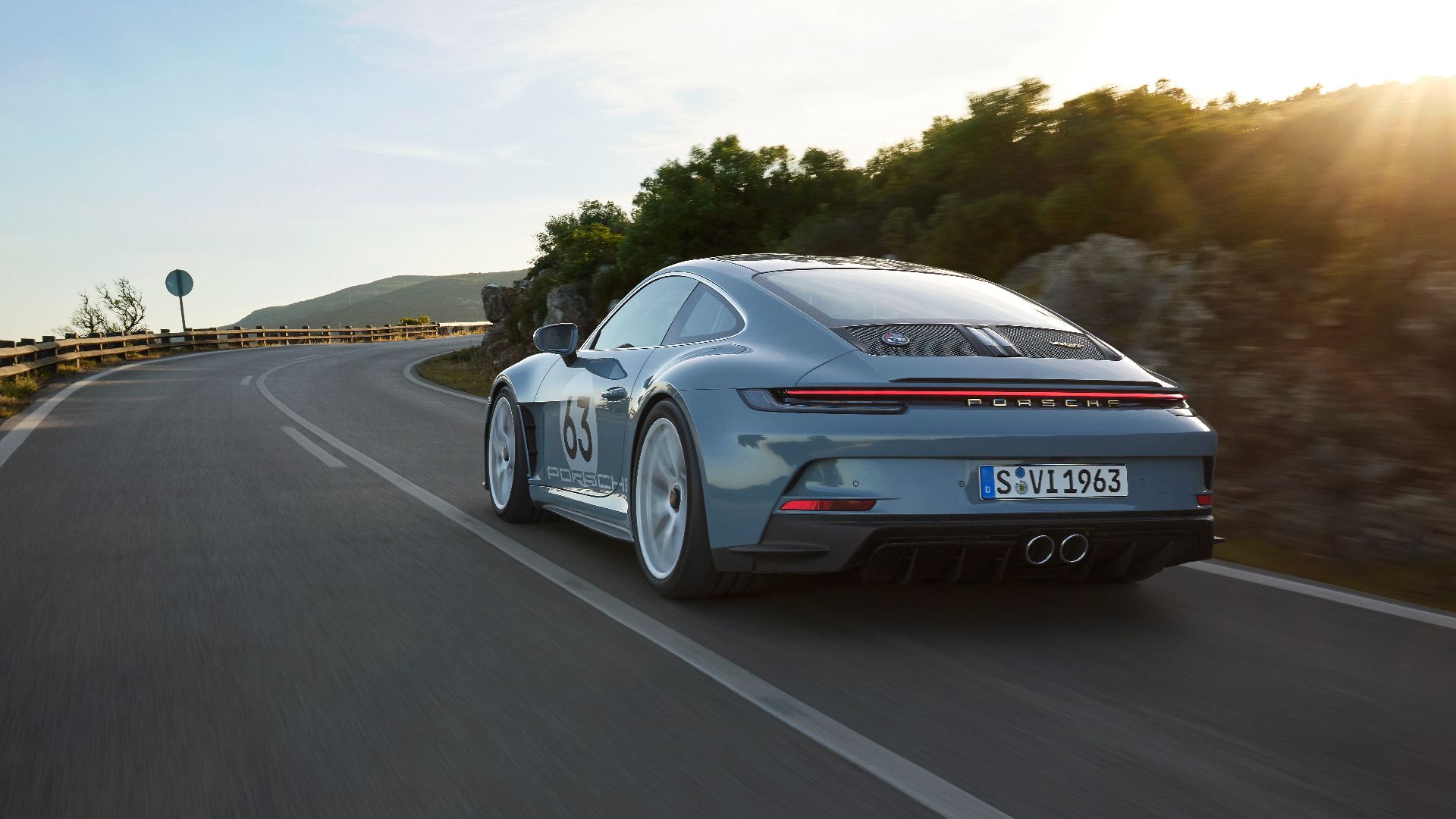- FuelCell Energy’s Tri-gen know-how produces three merchandise: renewable electrical energy, renewable hydrogen, and usable water
- Marks Toyota’s first port automobile processing facility on the earth to be powered by onsite-generated, 100% renewable electrical energy
- Both light-duty and Class 8 heavy-duty gasoline cell electrical autos have been fueled utilizing Tri-gen generated renewable hydrogen
LONG BEACH, Calif. (May 2, 2024) – FuelCell Energy, Inc. (Nasdaq: FCEL) and Toyota Motor North America, Inc. (Toyota) are celebrating the grand opening of the first-of-its-kind “Tri-gen” system on the Port of Long Beach, California, right now. Tri-gen makes use of biogas to provide renewable electrical energy, renewable hydrogen, and usable water, and was constructed to help the automobile processing and distribution middle for Toyota Logistics Services (TLS) at Long Beach, Toyota’s largest North American automobile processing facility that receives roughly 200,000 new Toyota and Lexus autos yearly.
“The goal of our collaboration with FuelCell Energy was to find sustainable solutions for the TLS vehicle processing facility here at the Port of Long Beach as part of our goal to remove carbon dioxide emissions from our operations,” stated Group Vice President of Sustainability and Regulatory Affairs at Toyota, Tom Stricker. “This groundbreaking facility shows that there are ways to reduce our emissions and burden on natural resources with scalable technology based on hydrogen.”
Thanks to FuelCell Energy’s Tri-gen platform, TLS Long Beach is Toyota’s first port automobile processing facility powered by 100% on-site generated renewable electrical energy. FuelCell Energy’s revolutionary gasoline cell know-how makes use of an electrochemical course of that converts directed renewable biogas into electrical energy, hydrogen, and usable water with a extremely environment friendly, combustion-free course of that emits just about no air pollution.
“Tri-gen demonstrates that hydrogen-based energy can benefit businesses, deliver zero-emission transportation for light- and heavy-duty vehicles, support improved air quality in local communities, reduce water usage, and deliver immediate and long-term benefits to the environment,” FuelCell Energy CEO and President Jason Few stated. “As a company, we are living our purpose when we enable visionary customers like Toyota to decarbonize their operations and harness the energy solutions offered by hydrogen—all while leaving communities with cleaner air and easing the strain on power grids and water supplies.”
Tri-gen produces 2.3-megawatts of renewable electrical energy, a part of which can be utilized by TLS Long Beach to help its operations on the port. Excess electrical energy is delivered to the native utility, Southern California Edison, beneath the California Bioenergy Market Adjustment Tariff (BioMAT) program, including a renewable, resilient, and inexpensive baseload electrical technology useful resource to the electrical grid.
Tri-gen may produce as much as 1,200 kg/day of hydrogen for the fueling wants of Toyota’s incoming light-duty gasoline cell electrical automobile (FCEV) Mirai whereas additionally supplying hydrogen to the adjoining heavy-duty hydrogen refueling station to help TLS logistics and drayage operations on the port. As of January 1, 2024, California’s Advanced Clean Fleet Regulation will solely enable zero-emission vehicles to newly register as drayage vehicles. By 2035, all drayage vehicles can be required to be zero-emission. The Tri-gen platform helps FCEV Class 8 vehicles right now and is there to help on-going migration to zero emission vehicles between now and 2035. Hydrogen manufacturing may be ramped up and down primarily based on demand. Since finishing development final 12 months, in January of this 12 months Toyota used the renewable hydrogen produced at Tri-gen to fill the primary Toyota Mirai autos at TLS, and in April the primary heavy-duty FCEV Kenworth T680 Class 8 truck was crammed on the adjoining Shell HD filling station utilizing Tri-gen-produced renewable hydrogen.
The water byproduct of hydrogen technology can produce as much as 1,400 gallons of usable water per day, which is being repurposed for TLS automotive wash operations for autos that come into port earlier than buyer supply. This helps cut back the demand on the constrained native water provides by roughly half one million gallons per 12 months.
Supporting Port of Long Beach Initiatives
By supporting TLS operations on the Port of Long Beach, Tri-gen is anticipated to assist cut back greater than 9,000 tons of CO₂ emissions from the ability grid every year. This helps each Toyota Logistics Services’ carbon discount objectives in addition to the Port of Long Beach’s objectives as a pacesetter in revolutionary options to lowering carbon emissions.
“The dawn of the renewable hydrogen era is upon us, thanks to our collaboration with Toyota and FuelCell Energy and their innovative Tri-gen system,” stated Port of Long Beach CEO Mario Cordero. “The green power generated by the Tri-gen system, and similar projects, is part of our multi-layered strategy to fuel our goal to become the world’s first zero-emissions Port.”
Tri-gen may even assist keep away from greater than six tons of grid NOx emissions, that are dangerous to each individuals and the setting right now. Using hydrogen-powered gasoline cell Class 8 vehicles in port operations has the potential to scale back diesel consumption by greater than 420,000 gallons per 12 months.
“FuelCell Energy and Toyota’s collaborative effort signifies technological innovation and also positions Long Beach at the forefront of global leadership in renewable energy solutions,’’ said Long Beach Mayor Rex Richardson. “This transformative initiative solidifies our city’s status as a trailblazer in green initiatives and shows our dedication to a cleaner, more sustainable future for our community and beyond.”
About FuelCell Energy
FuelCell Energy is a worldwide chief in sustainable clear vitality applied sciences that handle among the world’s most important challenges round vitality, security, and international urbanization. It collectively holds greater than 450 gasoline cell know-how patents within the United States and globally. As a number one international producer of proprietary gasoline cell know-how platforms, FuelCell Energy is uniquely positioned to serve clients worldwide with sustainable merchandise and options for companies, utilities, governments, and municipalities. The Company’s options are designed to allow a world empowered by clear vitality, enhancing the standard of life for individuals across the globe.



